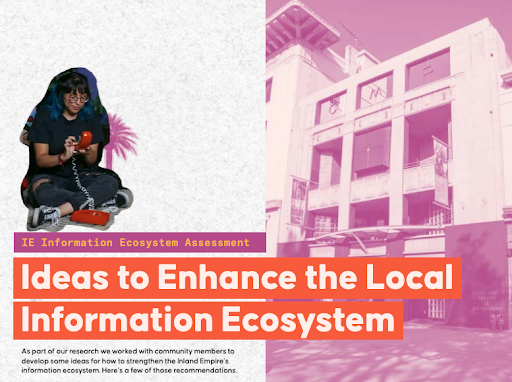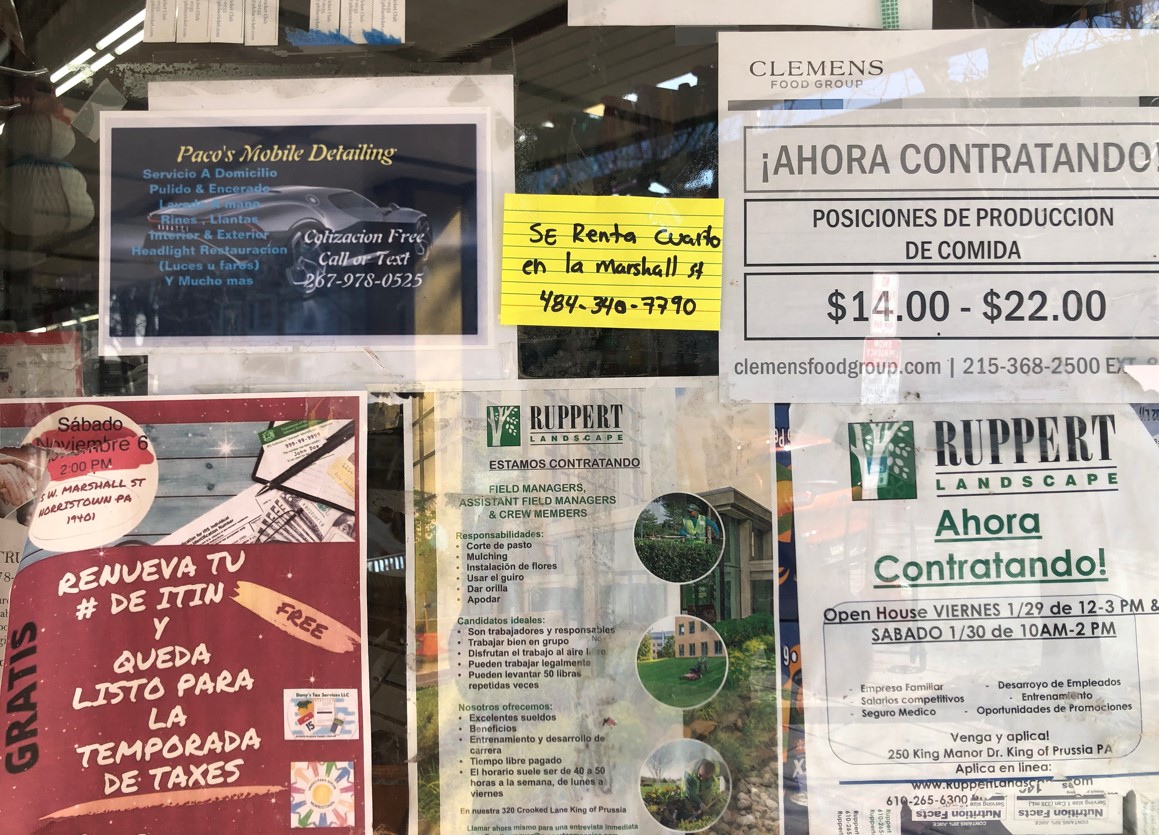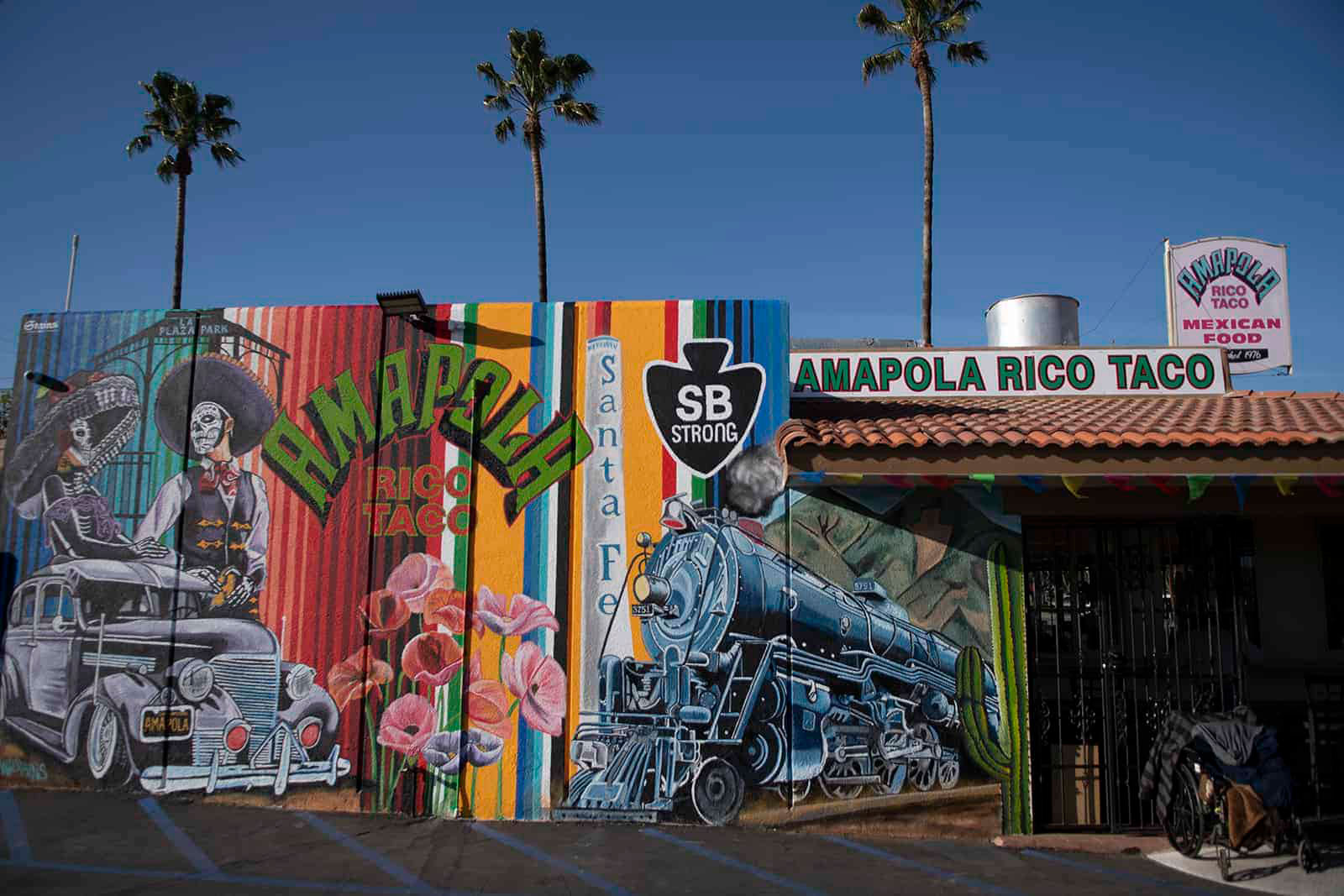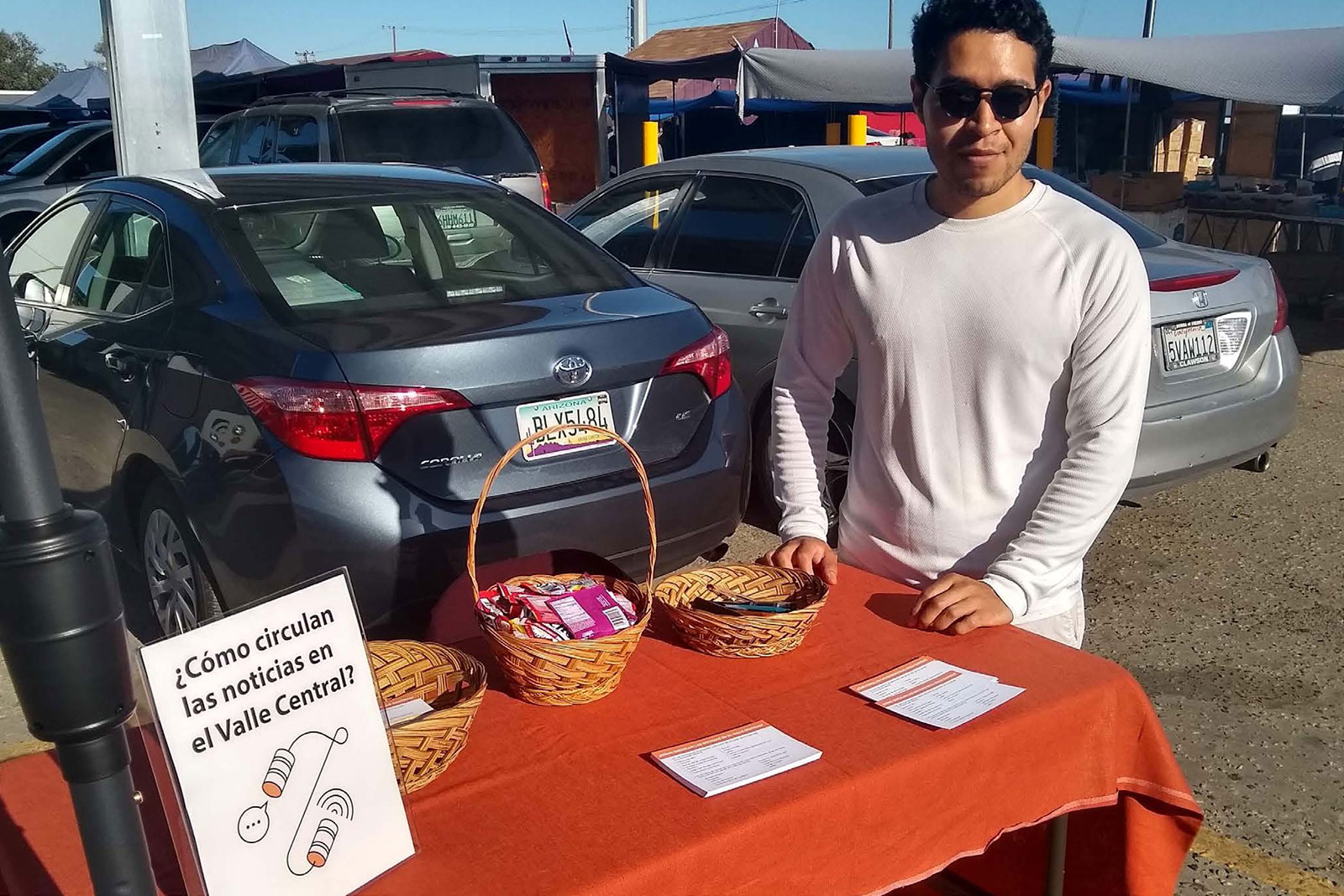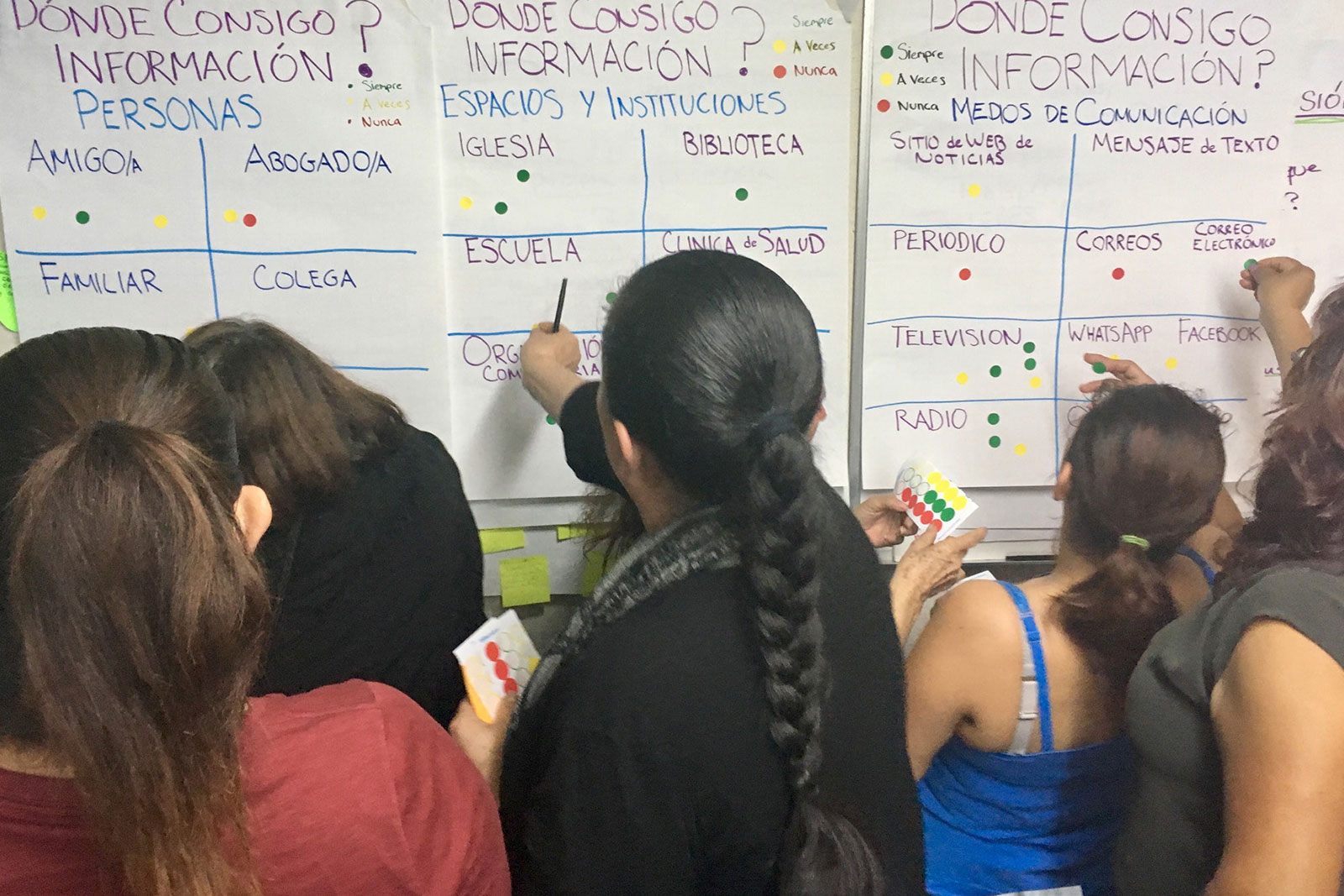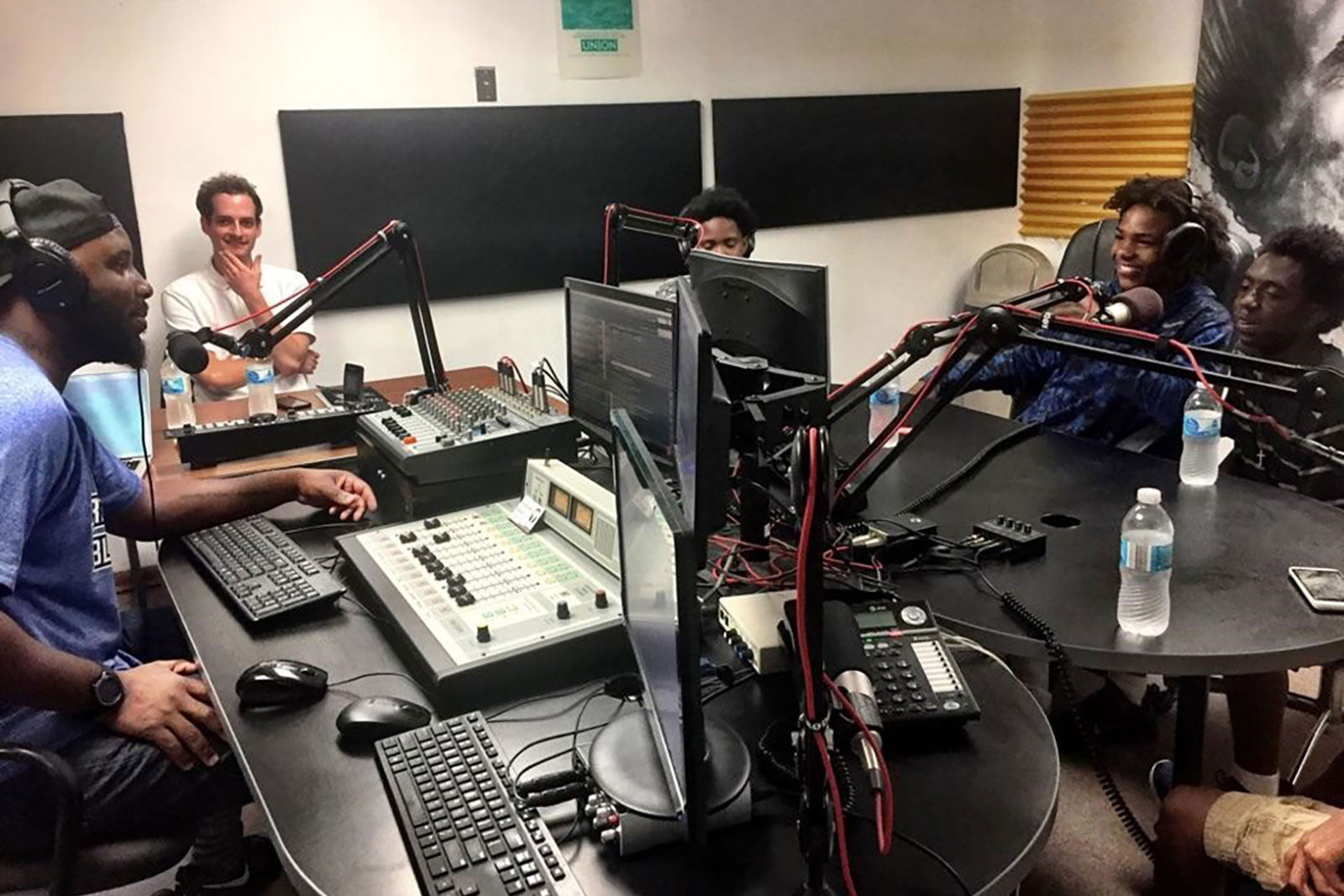Information Ecosystem Assessments
Listening is in our name for a reason: It’s the most important step we take in our civic media design process. Because nobody knows a community better than the people who live there. During this phase, we take six months to a year, working with communities to understand where information is already being exchanged, what information people are missing, and how they want to get it.
The listening phase culminates with an Information Ecosystem Assessment (IEA). That assessment summarizes our research and the assets, strengths and gaps that exist in the community. It also identifies opportunities that help launch civic media projects, community engagement initiatives, and inform local funding priorities.
Contact us to learn more about our process or sign-up for our guided DIY Civic Media Playbook for community-led projects.
Information Ecosystem Assessments
Montgomery County, PA
2022-2022
Partner: Health Spark Foundation
Our latest Information Ecosystem Assessment focuses on Montgomery County, Pennsylvania, around a half-hour northwest of Philly is home to cities like Norristown, where Latinx residents now make up about 40% of the population and have been left mainly to its own devices to find essential local information in Spanish. We spent eight months listening to community members, partnering with local orgs, interviewing local stakeholders, and surveying Latinx residents about local community information wants and needs.
Inland Empire, CA
2020-2021
Partner: The James Irvine Foundation
The Inland Empire is a region east of Los Angeles centered around the cities of Riverside and San Bernardino. When it comes to local journalism, there is a lot to cover in the IE including Amazon’s expanding footprint and power in the region, climate issues related to drought and wildfires, and a growing unhoused population. Our IEA documented how residents in that region get news they need to participate in their communities and the challenges they face in being informed about essential local topics.
Fresno, CA
2019
Partner: The James Irvine Foundation
We conducted an IEA in Fresno and the Central Valley between January and July 2019. When we asked residents what they wanted from local news, people asked for concrete information that would help them keep their families safe, healthy, and housed. People wanted to know about after-school programs for children; rising utility rates; housing, food and immigration resources; and water and air quality
Oakland, CA
2018
Partner: El Timpano
From March 2017 through February 2018, we partnered with El Tímpano—a two-way SMS community journalism start-up. We talked with more than two dozen community leaders and approximately 300 residents of Oakland, California, to understand how the city’s Latino immigrants are getting the information they need, how they are participating in civic dialogue, and how they are included or left out. We focused on monolingual Spanish and Mam speaking residents, as for them, language alone is a significant barrier to news, information, and civic engagement.
Omaha, NE
2017
Partner: Weitz Family Foundation
This assessment was designed to share insights from stakeholders in north Omaha about how the city’s Black community is covered and informed by local media, and to provide a snapshot of media and information flow in the city, particularly around topics like education, jobs, community development, health, housing and more.

